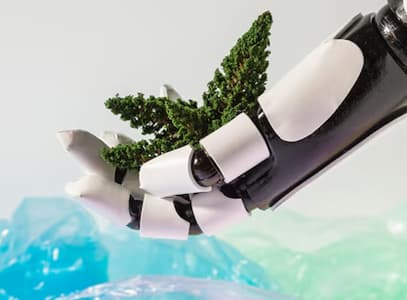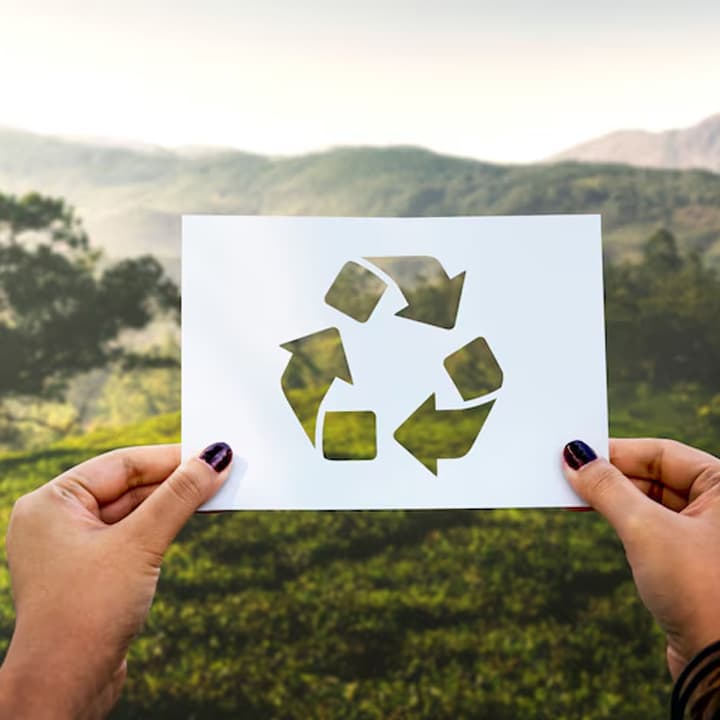The Use of Plastics in Industry and Its Future
The use of plastics in industry spans a wide range of applications and continues to grow each day. Thanks to its low cost, lightweight, durable, and moldable properties, plastic has become an indispensable material in many sectors. However, the future of plastic usage is being shaped by environmental impacts and the development of recycling processes.
Plastic Use in Industry
-
Automotive Sector: Plastics have a wide range of applications in the automotive industry. The use of plastic instead of metal in vehicle parts makes the vehicles lighter, which increases fuel efficiency. Additionally, plastics are preferred in the automotive industry due to their durability, protection, and sound insulation properties.
-
Packaging Industry: Plastic packaging is widely used in food, beverages, cosmetics, pharmaceuticals, and electronics sectors. Plastic packaging protects products from external factors while ensuring ease of transport and storage. Lightweight, transparent, and strong plastics are essential materials in the packaging industry.
-
Electronics and Electrical: Plastics are commonly used in electronic devices, cables, switches, and outlets. Plastic components inside electronic devices provide electrical insulation, enhance the durability of the device, and offer various aesthetic designs.
-
Medical and Healthcare Sector: Plastics play an important role in medical devices and healthcare. Disposable materials that reduce infection risk, sterilizable plastic tools, and packaging are commonly used in hospitals.
-
Construction and Building Sector: Plastics are used in the construction industry for water pipes, electrical cables, windows, insulation materials, and flooring. Due to their durability, lightness, and resistance to water, plastic materials hold a significant market share in this sector.
The Future of Plastics
-
Sustainability and Eco-Friendly Plastics: The environmental impact of plastics, especially issues related to ocean pollution and waste management, will have a significant effect on plastic usage in the future. In this context, research on biodegradable, recyclable, and more eco-friendly plastics is increasing. Bioplastics (e.g., PLA plastics made from corn) and recyclable plastics will become more popular.
-
Plastic Recycling and Circular Economy: The recycling of plastic waste plays a critical role in the future of industrial plastic usage. Plastic recycling technologies can help reduce the environmental impact of manufacturing processes. The circular economy model aims to reduce waste by reprocessing and reusing plastics at the end of their life cycle.
-
High-Performance Plastics: In the future, there will be a demand for more durable and efficient performance plastics. Through nanotechnology and other advanced technologies, plastics can be reinforced, lightened, and made more resistant to heat and chemicals. These types of plastics will increase their usage in industries such as automotive, aerospace, and construction.
-
3D Printing Technology: With the development of 3D printing technology, plastic materials can be produced in a more customized and efficient manner. This will accelerate production processes, reduce costs, and minimize waste.
-
Biological Degradation of Plastics: The ability for plastics to degrade biologically in nature may play a crucial role in combating environmental pollution in the future. Biological transformation methods could enable plastics to break down naturally, reducing their impact on the environment.




